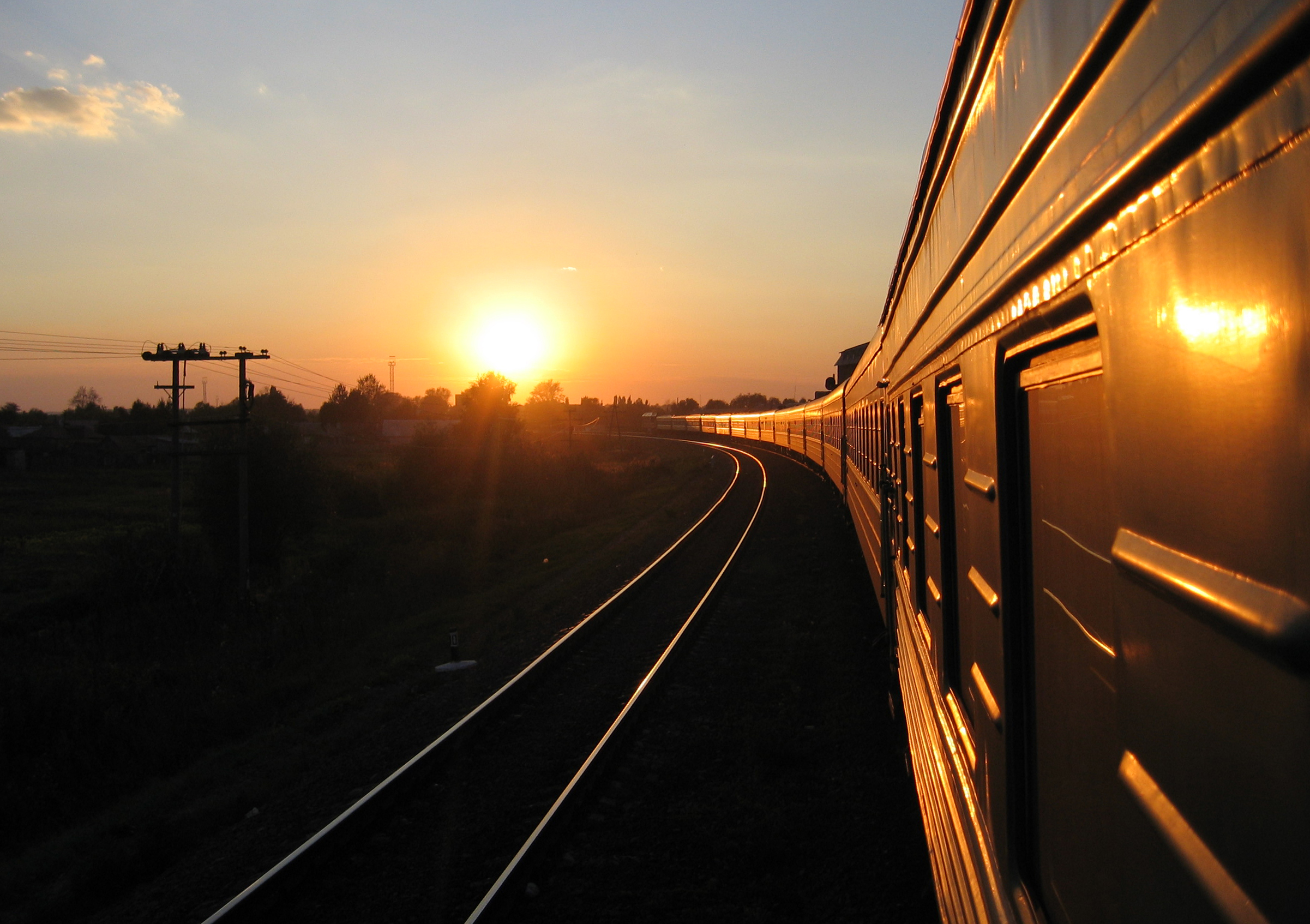
Chamonix: A Contemporary Retreat in the Midst of Tradition
July 5, 2012
The Divine Comedy
August 10, 2012The Descent into Chaos: How to End Syria’s Bloodbath?
S
Syrian state television keeps broadcasting that calm has largely been restored and that government troops are firmly in control although fierce fighting is underway in Damascus itself, in Aleppo, Syria’s second city, and indeed in virtually every corner of the country in what can at last be properly described as an all out civil war. Try as they will to impose an information blackout, the Syrian regime has found it impossible to silence the thousands of citizen journalists and members of the rebel Free Syrian Army from daily posting online a steady stream of graphic videos documenting the epic struggle underway to liberate Syria from Basher al Assad’s weakening grip. Credible human rights groups within Syria and outside it now estimate the death toll as approaching or perhaps already exceeding 20,000 – the vast amount of the fallen, civilians. That number is certain to grow. The world cannot avert its eyes; the Syrian Civil War is in plain sight for those who care to look.
Since the uprising began last March an array of key variables have remained: a steady escalation of the violence and the consistent refusal of Russia and China to enable any meaningful action by the United Nations Security Council are the most glaringly obvious. In practice Kofi Annan’s peace plan is so much crumpled paper. A handful of unarmed blue berets serving as military observers alongside international humanitarian teams have been unable to effect anything other than to be impotent witnesses to the ongoing slaughter. As it is, it’s too dangerous for them even to observe and the mission has now come to an end.
Just as Russia remains Assad’s chief weapons supplier, so too has Iran kept supplying equipment and advice to its troubled client throughout, and now ponders whether it will ultimately see fit to intervene militarily, however remote or reckless and undesirable a decision it would be, given Teheran’s other troubles. Complicating things further, Assad, as a last ditch ploy, has now granted de facto autonomy to the considerable Kurdish minority within his own northeastern borders, so long as they do not embrace the uprising against him. It is a move which has alarmed Ankara, now routinely stepping up large scale military exercises near its frontier with Syria where Kurds predominate. If a buffer zone established with Turkish military power seemed all talk before, Turkish military incursion aimed at curbing nationalist Kurdish ambitions is a more tangible reality now.
Moreover, a landbridge linking the Northern Iraqi Kurdish statelet and the predominantly Kurdish areas of Syria would be one step closer to the long-held ambition of the Kurds for their own state, at least in prototype form. The fact that Syrian Kurds have expressed their sympathies to Kurdish separatist PKK rebels, who have been waging an insurgency against Turkey since 1982, is a clear tripwire on the road to an expanded conflict. Iraq has expressed its own warning to Ankara not to make the incursion and in turn Teheran is threatening to honour its defence pact with Syria to counter what it labels potential Turkish agression. Ironically, Teheran is also quietly concerned with Iranian Kurds, seeing the situation in Syria as a potential call to arms. The possibility for a greater Kurdistan, has never seemed closer, but for the Kurds – the largest national group of people on earth lacking their own nation – a state of their own would come at a heavy price.
Tensions also keep spilling over amongst Sunni and Shia Muslims in neighbouring Lebanon. Damascus like Teheran has long been Hezbollah’s patron but why should Hasan Nasrallah seek to provoke a catastrophic fight to match the fate of his waning master? Any move by Hezbollah would certainly make Israel nervous.
In fact, everyone in the neighbourhood is nervous and the fear resonates all the way to the White House, Number 10 Downing Street and the Elysee Palace. The fear in those far-flung halls is that once Assad’s Alawite dictatorship crumbles, a pogrom of Alawites could ensue by vengeful Sunnis. And how would the sizeable minorities of Christians and Kurds fare (though some among the latter now figure prominently in the Syrian resistance)? The other whispered fear is a disintegrated Syria serving as the tripwire, igniting sectarian hatreds in a greater conflict amongst Sunni and Shia which might engulf the whole region. A fragile Iraq has been in that ugly mood, more or less, for years already. In the worst case scenario, the larger war slowly looming on the horizon could see not only Syria but also Lebanon, Iran, Iraq, Turkey and ultimately Israel all embroiled in conflict, a Middle Eastern reprise of Sarajevo in 1914, one smaller fire fanning far bigger flames that nobody will know how to extinguish.
In the meantime, the once amateurish FSA looks increasingly professional, ever more competent, confident and lethal on the battlefield and rumours will not fade away that Saudi and Qatari arms are flowing to them, as well as small groups of Western Special Forces soldiers to advise them. The Syrian regime insists on calling the FSA terrorists and agents of Al Qaida. It is a characterisation they recoil from. Certainly a handful of stridently ideological Jihadists are now on the ground, but it is a mistake to regard the Syrian Revolution as anything other than a popular insurgency. Nor can the steady defections from the regular military be ignored, now including some 100 generals and senior officers who have changed sides, as well as the even more glaring defection to the rebels of the Syrian Prime Minister. There is, of course, the worrying notion of Syria’s stockpile of old fashioned but terrifying chemical weapons. Are they even functional? Would Assad dare to use them? And against whom? Are clouds of mustard gas next? It’s unlikely, and the lessons of Iraq’s illusory arsenal of WMDs should be instructive, but that they exist at all offers no comfort.
So what must be done? Moscow and Beijing show no signs of listening to US Secretary of State Hillary Clinton’s stern invocations, appeals that ultimately seem to carry little weight when there is little in the way of substantive action or penalties behind them. Yet military intervention is a prospect that garners little traction anywhere, though one size does not fit all. Should the international community consider a more muscular approach and if so, in what form? The formula thus far is to let the FSA carry the burden with some outside help, to let the Syrians free Syria. But we may soon be at a place of no return, and we know Syria left in unchecked meltdown poses multiple dangers to itself and others. Where are there parallels?
When the escalation of war in the former Yugoslavia threatened to bring the West and Russia potentially to blows, NATO acted resolutely and swiftly, and it was not long from the time the tanks rolled until the Dayton Peace Accords were inked. With NATO stuck in the Hindu Kush and the sobering lessons of Iraq and Libya still resonating, it is not suggested that NATO would or should act alone.
But what of a coalition of NATO, the Arab League and the Organisation of the Islamic Conference under the UN flag – or indeed without it, if Russia and China keep going against history – hammering out a peace treaty for a post-Assad Syria and imposing it as Dayton was, with a force primarily composed of Muslim soldiers, a token but symbolic presence of Russians, Chinese and Iranian troops among them, and Western participation primarily confined to logistics, air power and humanitarian aid? And what if the Saudis and Gulf States helped the West bankroll the operation, with a larger force of civilian police from neutral countries coming behind the soldiers after the belligerents disarm and lay down their weapons?
The last piece is some country willing to host Assad in exile, until he makes a mistake, until the International Criminal Court is free to have him extradited and prosecuted together with the other war criminals in his regime. Key to the plan is devising a blueprint for a post-war secular, democratic, multicultural, multi-religious Syrian state, agreed to by the former combatants and with it, a national tribunal set up with help from international jurists, to oversee even handed post-conflict justice.
A pipedream? Sheer fantasy and folly? The West and an albeit grudging Russia, together managed to get Orthodox, Muslim and Catholic Serbs, Bosnians and Croats to stop killing each other, despite their ancient hatreds, and after some 200,000 fresh corpses had littered the Balkans in the worst European war since 1945. Syria needs new ideas and bold, practical and urgent solutions. The UN is paralysed, but Russia, China and the West, despite their current enmity, have sufficient common interests in preventing the Middle East from becoming an even more massive funeral pyre. Nobody gains from the further unravelling of Syria and its myriad array of worst possible outcomes. We dare not do nothing and what we are doing is not working. Have we forgotten how to horse trade? Where is the great and pragmatic diplomacy our age calls for? It would seem Damascus is not the only place where leadership is lacking.




